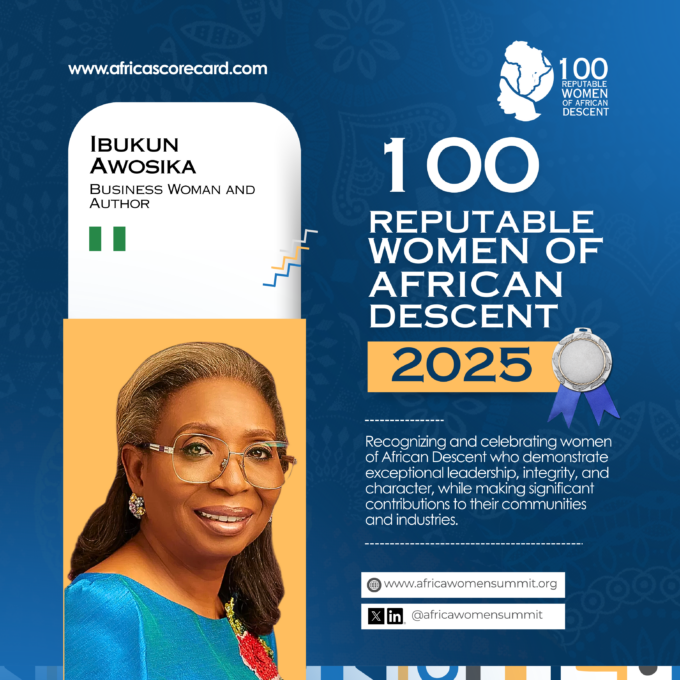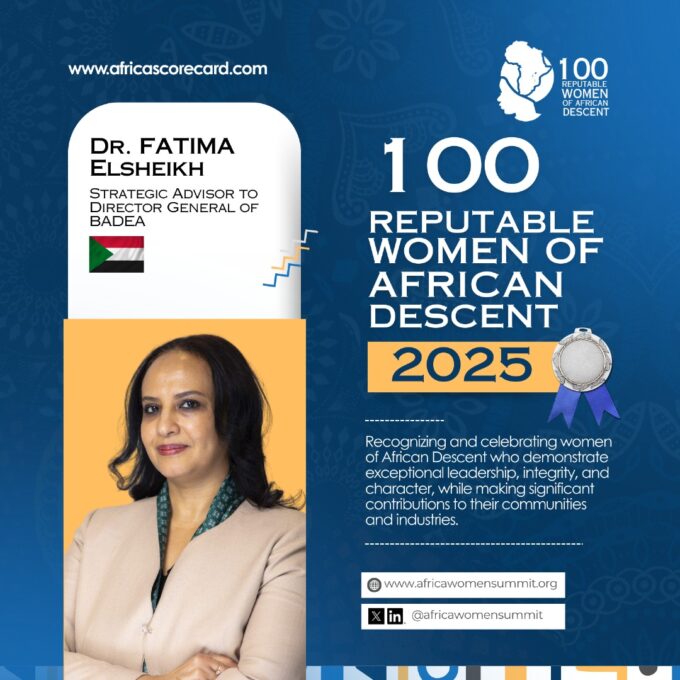MTN Nigeria has unveiled a groundbreaking initiative in its efforts to reduce environmental impact by launching paper-based biodegradable SIM cards. This move aligns with the company’s Project Zero goals, which target a significant reduction in greenhouse gas (GHG) emissions and aim for net-zero emissions by 2040.
The new SIM cards, made from biodegradable materials, are designed to replace the traditional plastic-based SIMs, marking a significant step toward sustainability in the telecom sector. According to MTN, the eco-friendly SIM cards not only reduce plastic waste but also promote circularity by supporting responsible product management throughout their lifecycle.
The announcement comes shortly after the Nigerian Communications Commission (NCC) revealed plans to introduce mandatory sustainability reporting for telecom operators. The revised corporate governance code, which updates the last one from 2016, highlights the growing importance of sustainability in Nigeria’s telecom industry, reinforcing the need for operators to adopt greener practices.
In a statement, MTN explained that transitioning from plastic-based SIM cards to biodegradable alternatives would contribute significantly to reducing plastic pollution. By eliminating the use of Polyvinyl Chloride (PVC) in SIM card production, MTN is addressing the environmental concerns associated with traditional plastic SIMs, which often end up in landfills or are incinerated, adding to waste pollution.
The biodegradable SIM cards, made from 100% recyclable materials, naturally break down and pose far fewer environmental risks. They help to minimize the carbon footprint associated with both the production and disposal of SIM cards. This shift represents MTN’s commitment to integrating sustainability into its operations and finding ways to reduce its environmental impact.
MTN’s Chief Corporate Services and Sustainability Officer, Tobe Okigbo, emphasized the significance of this initiative. “Our new eco-friendly SIM cards are part of our ongoing commitment to environmental responsibility. We are dedicated to reducing waste, supporting local vendors, and embedding sustainable practices into our operations and the everyday lives of Nigerians.”
He further noted that this move aligns with MTN’s promise to prioritize eco-responsibility under its ‘Doing for the Planet’ agenda. By gradually phasing out plastic-based SIM cards, MTN aims to demonstrate leadership in environmental stewardship within Nigeria’s telecommunications industry.
Adekemi Adisa, General Manager of Sustainability and Shared Value at MTN, also commented on the importance of this development. She stated that the company’s commitment to environmental sustainability is driven by the need to protect the communities where its customers live. “Our people and the environment where they live drive the innovative measures we take. We believe that these eco-friendly SIM cards are a small but meaningful step toward a greener future for Nigeria.”
MTN’s move to introduce biodegradable SIM cards reflects a broader trend in the telecom industry to address environmental concerns. With plastic waste and pollution becoming a growing issue globally, telecom operators are increasingly looking for ways to reduce their reliance on harmful materials. The initiative also aligns with Nigeria’s broader push for sustainability, as the country works to balance industrial growth with environmental protection.
As part of its sustainability efforts, MTN is not only focusing on reducing waste but also on supporting local Nigerian vendors in the production of the new eco-friendly SIM cards. This local sourcing initiative is expected to create jobs and foster sustainable economic development within the country.














Leave a comment